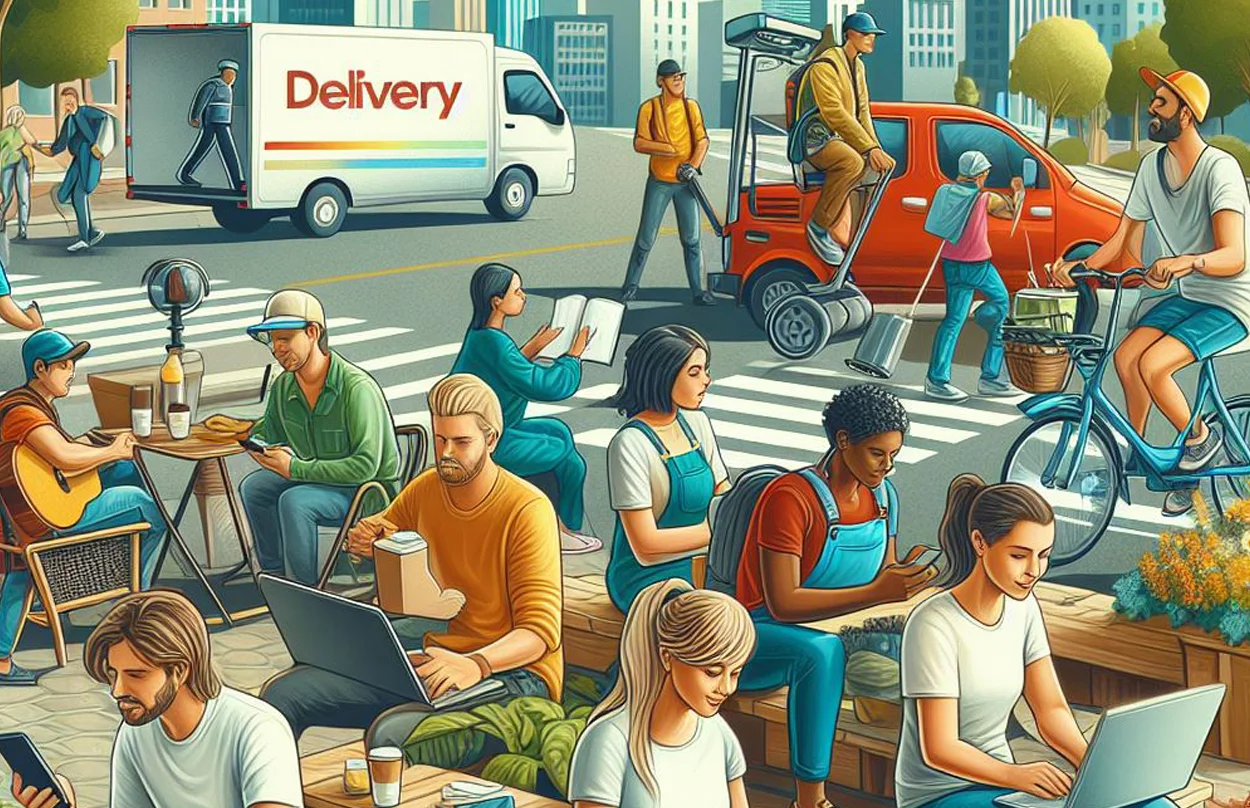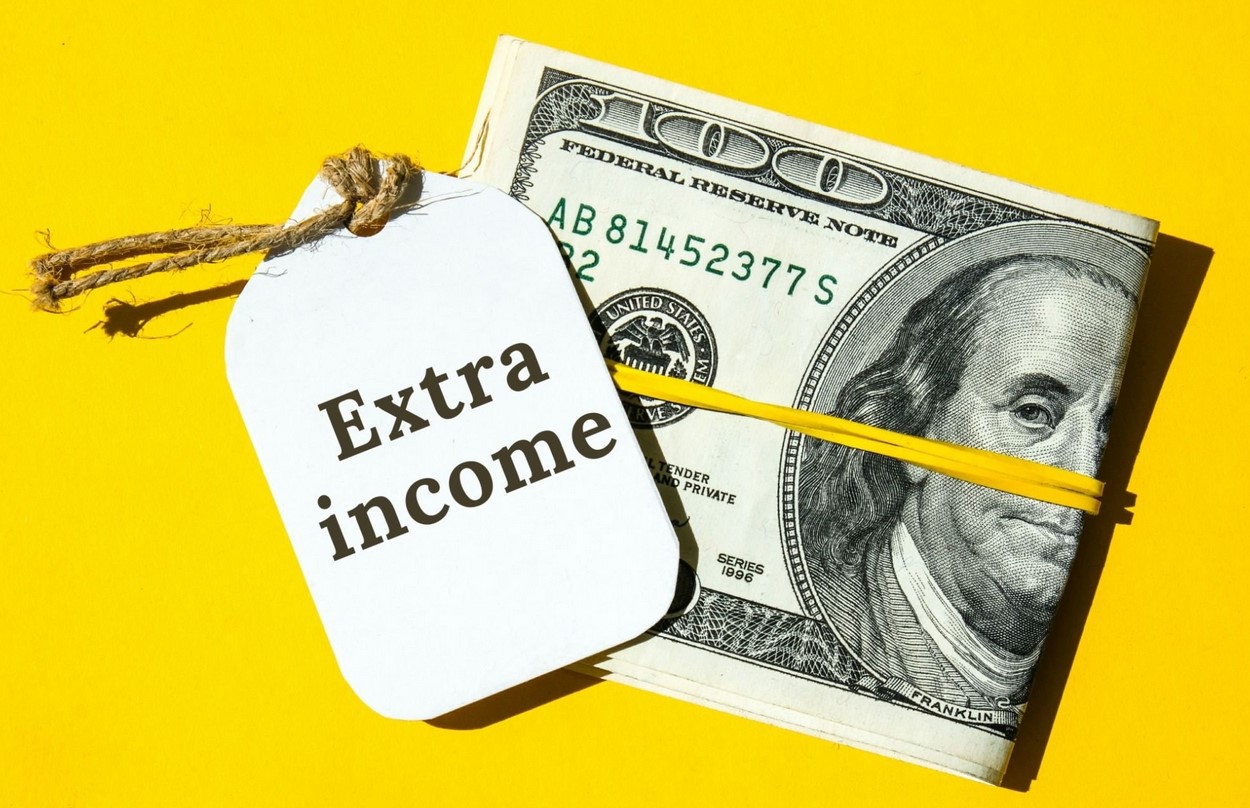What Are The Pros And Cons Of The Gig Economy?

Today, more and more Americans are turning to the gig economy as it allows them to earn extra cash or a living. You can work in the gig economy even if you already have a full-time job. It is possible due to flexible jobs and work culture, thanks to the Internet, which enables gig workers to find and work from anywhere in the world.
In 2023, the projected gross volume of the gig economy is expected to reach 455.2 billion U.S. dollars. Around 36% of U.S. workers (approximately 57.3 million people) were part of the gig economy, which is a significant number.
What is gig economy?
In layperson’s terms, the gig economy is a modern work approach where short-term flexible workers are paid for completing assigned tasks (gigs) instead of being paid for their work time.
Familiar gig economy workers are taxi drivers, dog walkers and cleaners. Still, as it is gaining popularity, qualified professionals, specializing copywriters, teachers, and website shavers also become a crucial part of the gig economy.
Pros of gig economy
There are several advantages of the gig economy, but the significant benefits are:
- Work Flexibility: One of the attractive benefits of the gig economy for employees is its flexibility. Gig workers can choose when, where, and how they work. Unlike most traditional jobs, It gives them the power to balance their work and life.
- Wide Range of Opportunities: As the gig economy grows,more companies and big brands join it, opening doors to an array of opportunities. Gig workers can explore their passions and venture into various types of fields as per their interests and experience.
- High Income Potential: Unlike traditional jobs, in the gig economy, the more you work, the more you earn. The income is not fixed; gig workers can take multiple jobs to boost their earning potential.
Cons of gig economy
Despite the gig economy’s striking pros, it also has its cons. Here are a few mentioned below:
- No Job Security: Unlike traditional job employees who enjoy job security, gig workers usually do not have the same luxury. Irregular gigs and an unpredictable economy can result in unexpected periods of no work and no income.
- No Benefits: The gig economy is like a free market in which temporary jobs are created, and organizations hire gig workers for short-term commitments. That is why gig workers do not receive benefits like permanent employees, such as health insurance, paid leave, and retirement benefits.
- Competitive Market: As the gig economy grows, it becomes entirely competitive. Since there are many gig workers, independent contractors and freelancers offer the same services, making it challenging to secure gigs.
What does the gig economy mean employers and employees?
Yes, the rise of the gig economy indeed holds notable implications for both employers and employees. Let’s clear this doubt here:
Gig economy for employers: By opting gig economy, employers get benefits by eliminating the overhead costs as they don’t have to provide traditional employee benefits such as health insurance. Plus, they have the power to access a wide range of talent with various skills at bargain prices.
Gig economy for employees: Gig workers can effectively balance their career and life by choosing their work. They can control their work life by determining when to work and for what type of clients. The gig economy allows them to live their life like their own boss.
Is the Gig Economy Good or Bad?
Is the gig economy good or bad? While the gig economy has pros and cons, it means no simple black-or-white answer to this question. It is like medicine that can save a life but also become life-threatening if misused.
The absolute truth is that the gig economy is the best option for those individuals who crave flexibility and freedom to chart their career path. On the other hand, if you want stability, security, and extra benefits, the gig economy does not benefit you.
What we think?
So, what are the pros and cons of the gig economy? It is fitting that the gig economy offers unmatched time and work flexibility and boss feeling, plus it has the potential to boost income. However, it also brings uncertainties, such as a lack of job security and other employee benefits.
The gig economy isn’t good or bad; instead, it offers a fantastic opportunity for individuals to earn a living and contribute to the economy. Finally, whether the gig economy suits you or not depends on your lifestyle, career, and financial needs.
Are you looking for loans for gig workers? Discover how to borrow extra money and escape financial troubles with GigsCheck.





